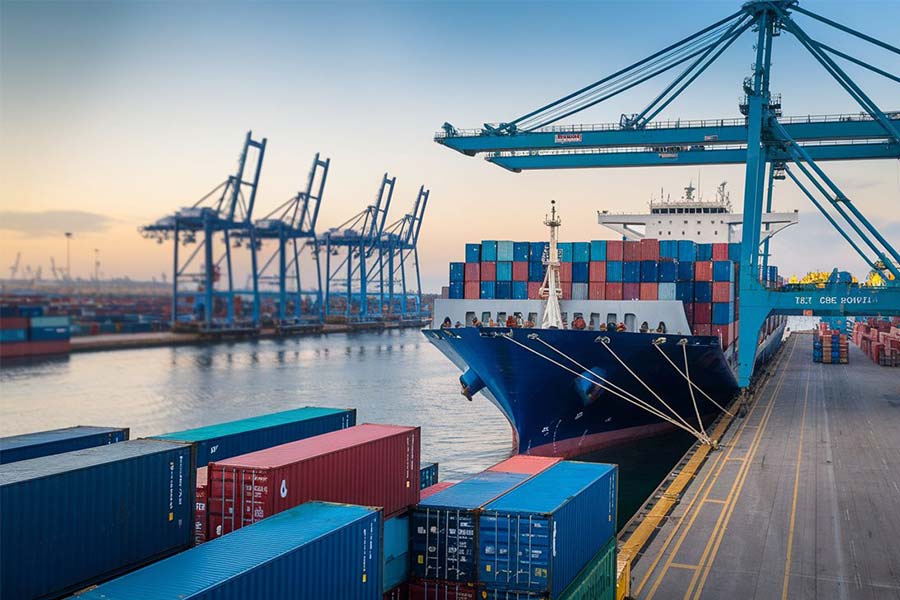- Shanghai Zhongshen International Trade Co., Ltd. - Two decades of trade agency expertise.
- Service Hotline: 139 1787 2118

Contents
ToggleThree Major Customs Clearance Pitfalls for Imported Agricultural Machinery Equipment
The global agricultural machinery trade volume is projected to exceed $38 billion by 2025, yet the failure rate of independent corporate imports remains as high as 43%. Customs data indicates that 65% of return shipment cases stem from:
- Commodity classification deviations: The difference in HS codes between tillage machinery and harvesting machinery results in a 30% tariff fluctuation.
- Technical standard conflicts: European and American CE Certification vs. Domestic Certification3CBlind spots in the equivalence certification of accreditation
- Documentation incompleteness: Unconventional documents required for the import of special agricultural machinery, such as phytosanitary certificates and pressure vessel certifications.
Decoding the Core Value of Professional Agency
High-quality agency services can reduce the import cycle by 40%, as demonstrated by a provincial agricultural reclamation group through professional agency.
- Tariff optimization system
- Utilize RCEP rules of origin to save 12% on import costs.
- An intelligent comparison system with a pre-classification accuracy rate of 98.7%
- Technical compliance firewall
- Provide a 6-month advance warning for the upgrade to EU Stage V emission standards.
- Establish a compliance database with 3000+ agricultural machinery parameters.
- Quick Pass Matrix
- Priority usage rights for dedicated agricultural machinery lanes at designated ports.
- The AEO mutual recognition mechanism established with customs authorities of 28 countries
New trends in agency services for 2025
With the implementation of the China-ASEAN Free Trade Area 3.0, the import of agricultural machinery has exhibited new characteristics:
- Regionalized tariff strategy: Agricultural machinery assembled in Southeast Asia can enjoy a preferential agreed tariff rate of 8%.
- Special Supervision of Intelligent Devices: Agricultural machinery equipped with GPS modules must separately declare data security commitments.
- Assessment of Second-hand Equipment Value: Resolving customs valuation disputes using the OECD depreciation formula
Four-Dimensional Evaluation System for Proxy Selection
It is recommended that enterprises select partners based on four dimensions:
- Industry Experience: Have handled at least 50 cases of importing large combine harvesters.
- Compliance construction:Holder of AEO Advanced Certification and ISO37001 Anti-Bribery Certification
- Emergency network: On-site coordinators are deployed at major ports to handle sudden inspections.
- Risk Control Mechanism: Provide value-added services such as pre-shipment inspection and trade compliance audits.
A German agricultural machinery brand achieved through professional agency services: the first-time approval rate increased to 92%, port detention costs reduced by 75%, and technical rectification expenses saved by 2.1 million yuan. Against the backdrop of rising trade protectionism, professional agencies have become indispensable strategic partners for agricultural machinery imports.
Related Recommendations
? 2025. All Rights Reserved. Shanghai ICP No. 2023007705-2  PSB Record: Shanghai No.31011502009912
PSB Record: Shanghai No.31011502009912










